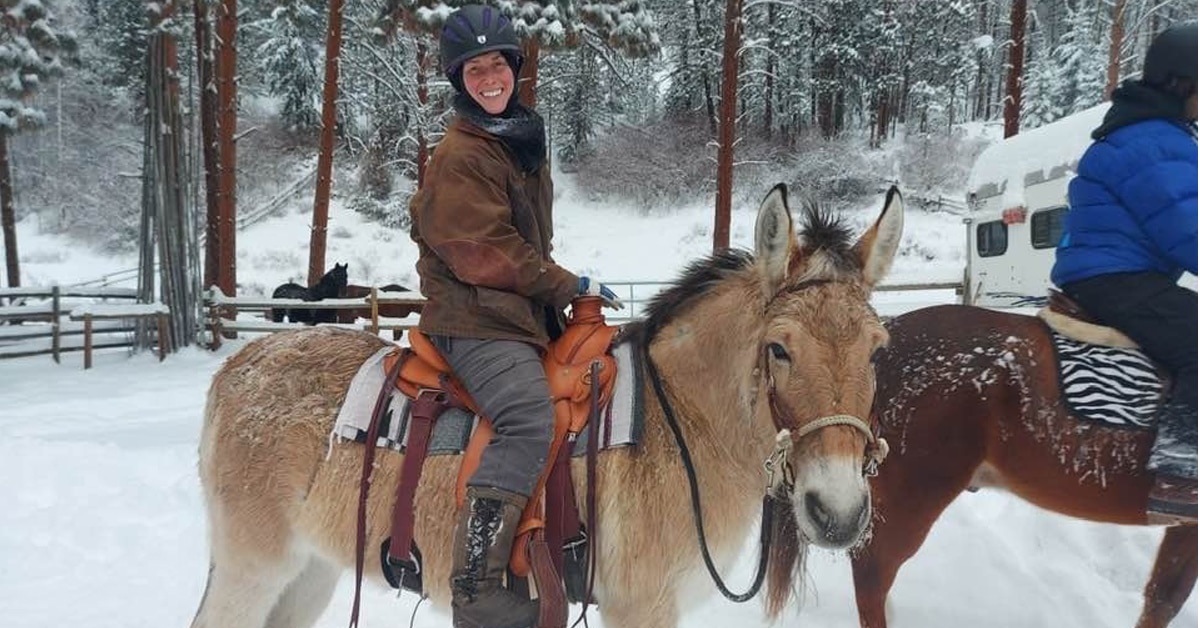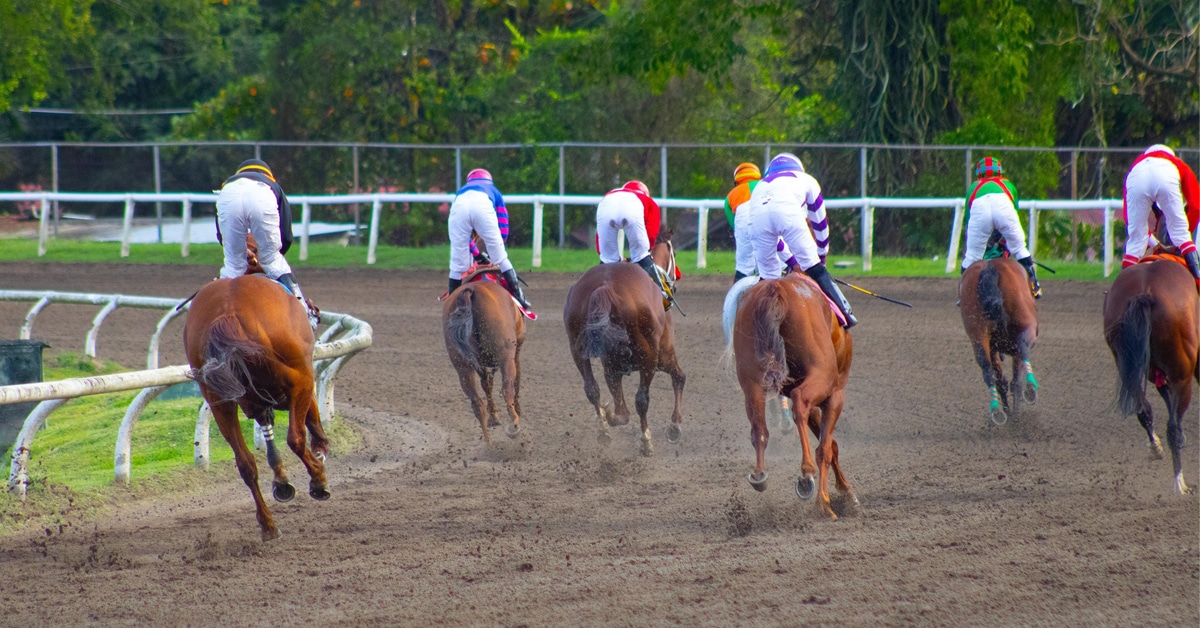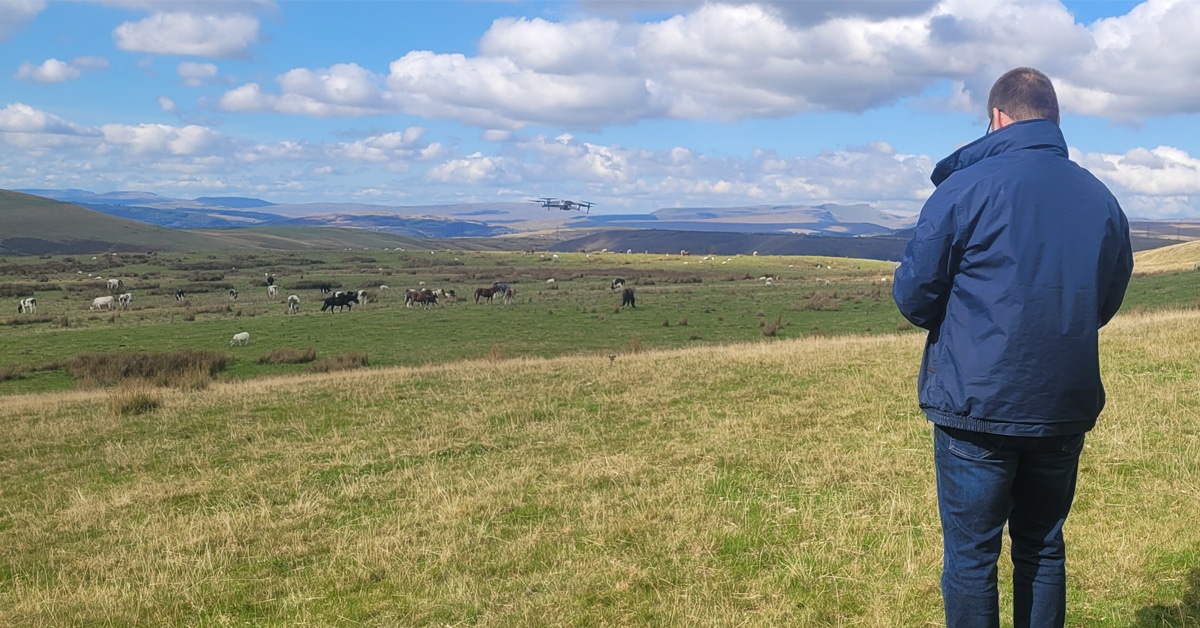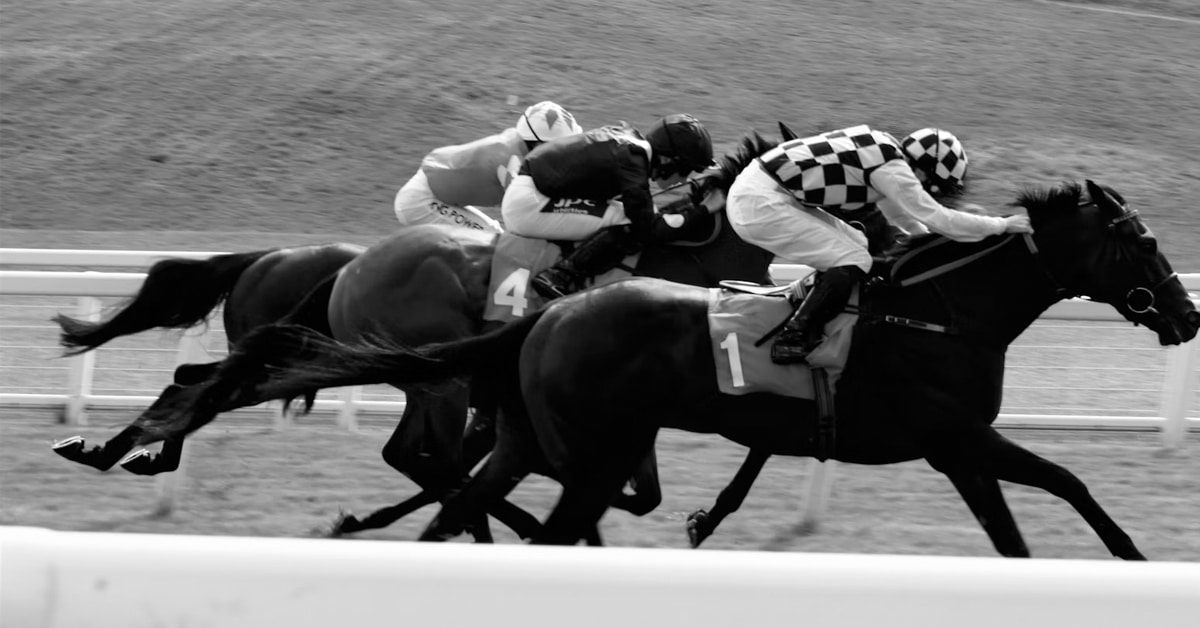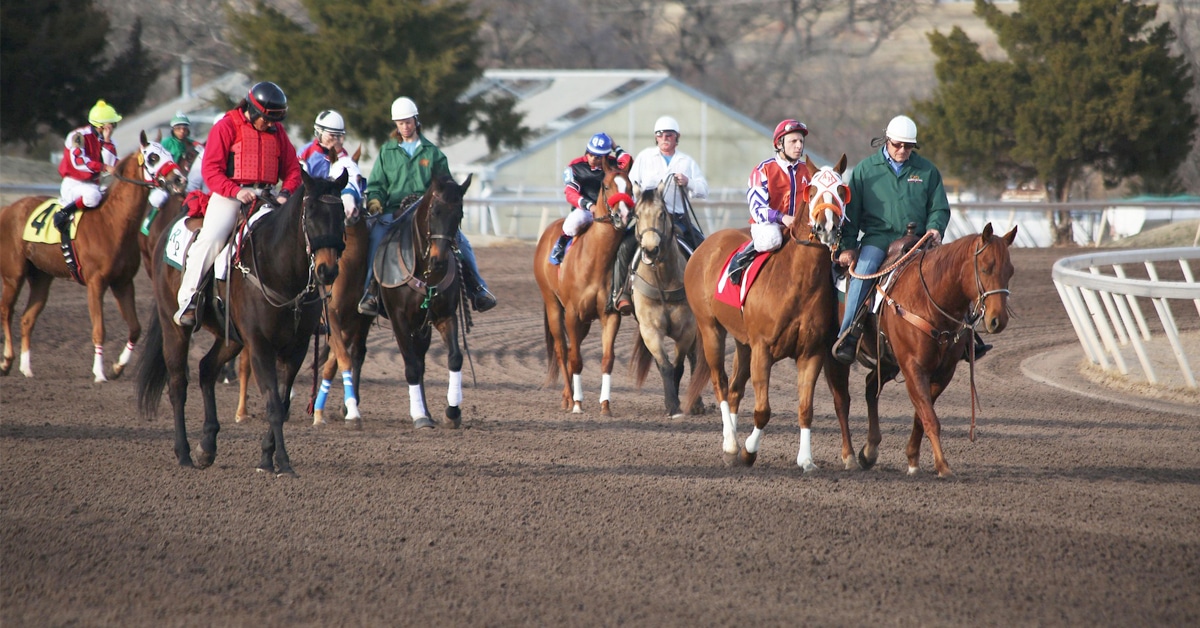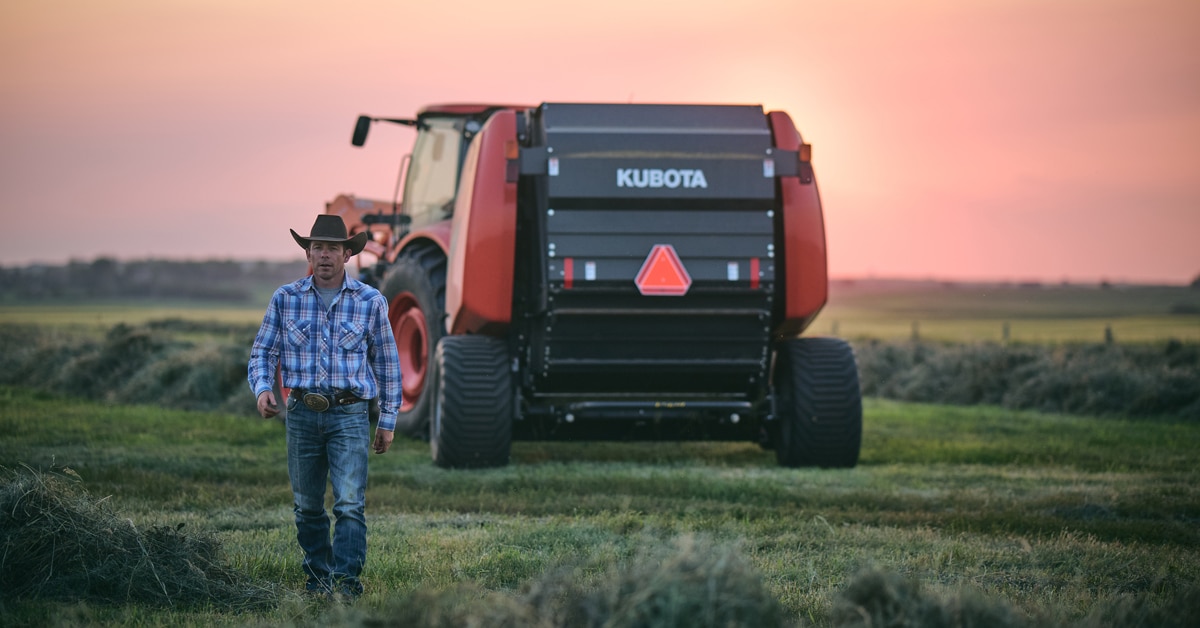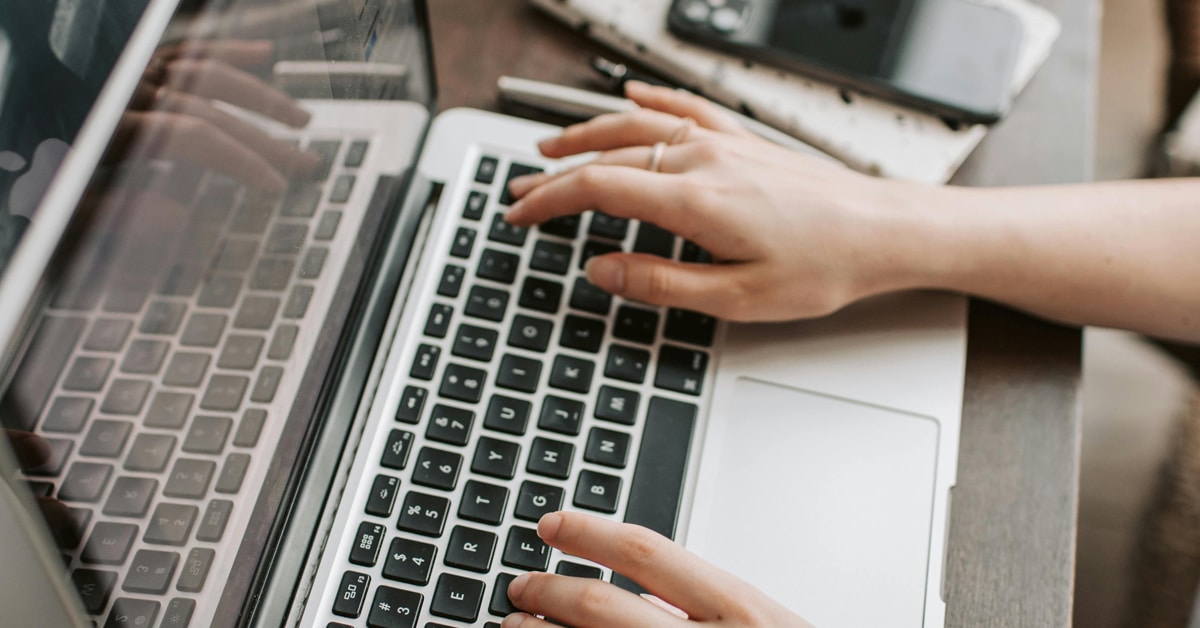People have been comparing themselves to others long before social media arrived. In fact, the Social Comparison Theory was developed by American psychologist Leon Festinger to study this phenomenon in 1954.
Social comparison may be a natural evolutionary instinct related to our “drive to survive.” It keeps us continually striving to improve ourselves and our life circumstances, which is highly beneficial from an evolutionary perspective.
If we notice another person has discovered a way to get more resources (i.e. food) than us, we try to learn from them, and copy them to improve our chances of success. Back in 1820, Oscar Wilde said, “Imitation is the sincerest form of flattery that mediocrity can pay to greatness.”
For many equestrians, comparison can be inspirational if it motivates them to work harder, train more or try new things. They compare themselves to get better.
However, for others, comparison can become harmful. For example, when a rider scrutinizes their perceived worst skills or attributes against what they believe to be another rider’s best. It could be an older amateur aboard a grade horse comparing themselves to a junior on a $50,000 push-button pony.
Or another rider, self-identifying as short-statured, stacking themselves up to a professional with legs that seem to go on forever. In cases like these, self-confidence and motivation often decline.
While most of us do this kind of comparing at some point in our equestrian career, it’s unfair and negatively affects our self-confidence and motivation because we see ourselves as “less than” or “not as good as” the other person. This leads to self-criticism and sometimes jealousy.
It tends to make us bitter, not better.
We also can become fixated on comparing ourselves to someone we see as the same level, size, age, etc. as us. But this isn’t necessarily any better for our self-esteem because it’s still an unfair comparison. Nobody else on the planet has your exact biological makeup, family environment, set of life experiences, socioeconomic status, culture or personal challenges. We are all complex combinations of multiple factors, and nobody has the same components as us.
Even if you have an identical twin, there’s a strong chance they will have different skills and abilities than you because nobody’s experience of the world is the same. I frequently tell clients, comparing themselves to someone else is like comparing an apple to an egg. There’s simply no point.
How Can I Stop Comparing Myself to Others?
Keep it personal – Focus on your own riding goals and only compare how you did today to how you did yesterday (or last year, for example). Are you improving? Concentrate on that.
Keep a success journal – Not a failure resume! Instead of focusing on your failures, make a conscious choice to record successes from all areas of your life (including work, riding, relationships, parenting, hobbies, spiritual practices, volunteer work, etc.). Choose to document those things you view as successes at the end of each day. Paying attention to what you did well will boost your confidence.
Build self-esteem – Self-esteem comes from achieving small successes in multiple areas of life. You need to look at all the roles you play and give yourself credit for what you do well. This is one reason why it’s important to have balance in life. If one area isn’t going well, like riding, some self-esteem needs are still met from other areas such as work and relationships.
Turn your focus outward – Focus your energy on helping boost someone else’s ego, instead of worrying about your own performance. Often when we do this, we also feel good about ourselves as a result. Look around the barn, who needs a boost?
Be mindful – If you’re mindful, you can become aware of your thoughts. When you catch yourself comparing, remind yourself that you’re a unique individual with your own skills and challenges. Notice that comparing is a habit and shift your attention back to whatever you’re doing in the moment, like riding, grooming or cleaning tack.
Try therapy – Sometimes comparing has become so automatic that you need to tackle the issue at its roots. Understanding what life experiences have led to this problematic behaviour can be helpful. A good counsellor can help you work on your self-confidence and self-compassion skills.
Go ahead and use comparisons to help you get better in your chosen equine sport, but don’t let it make you bitter! Here are some resources to help you out:
Mindfulness:
mindful.org
headspace.com
Find a counsellor:
psychologytoday.com/ca
On self-compassion and self-esteem:
self-compassion.org
***
Megan Pinfield Ph.D., RCC is a registered clinical counsellor in Surrey, B.C. She works in private practice helping equestrians manage anxiety, perfectionism, concussions, and other issues related to the sport of riding. Her website is pccc.ca.
The Latest

